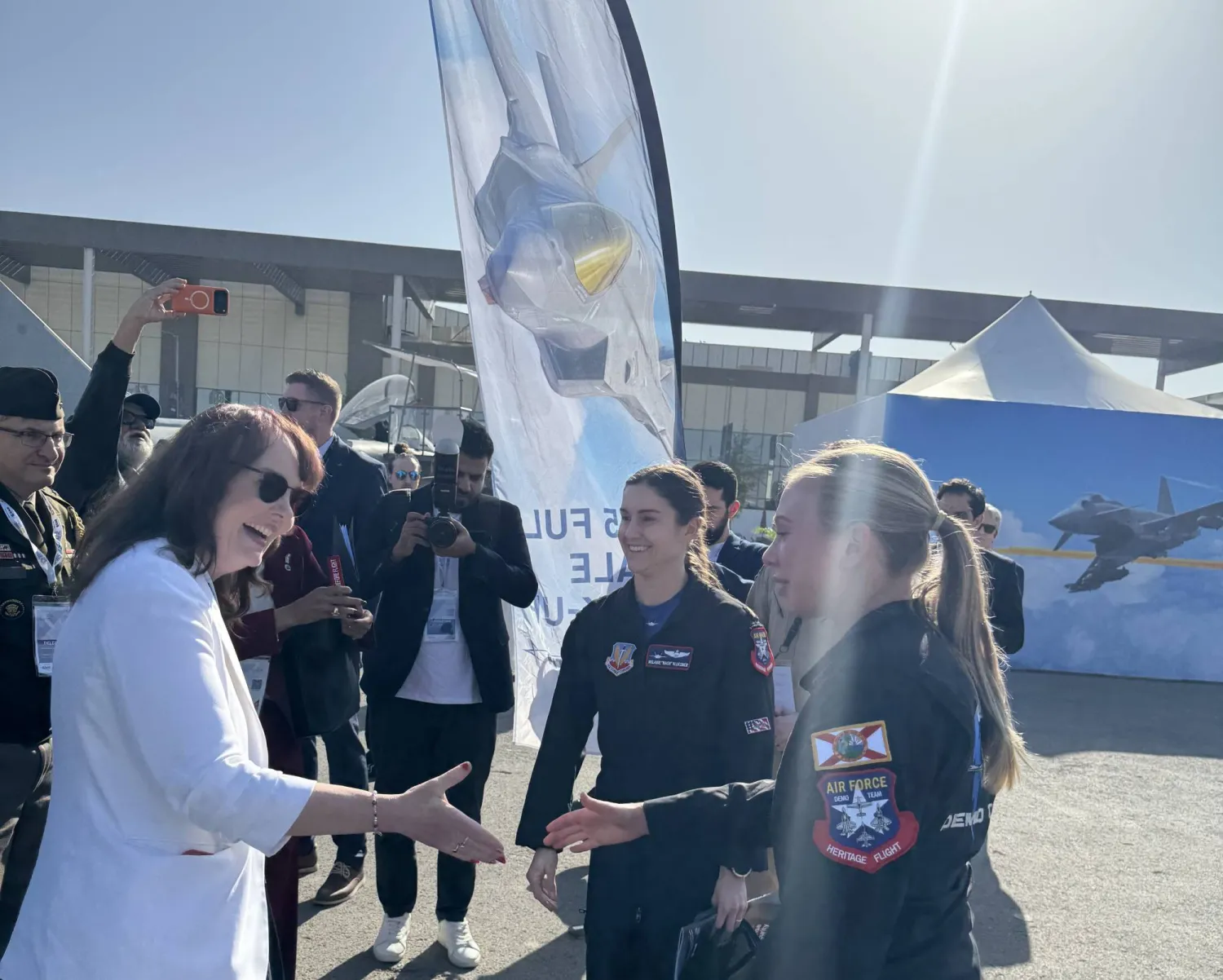The Royal Saudi Naval Forces (RSNF) concluded in Spain on Saturday the training program for the crew of His Majesty's Ship "Al-Jubail”, the first combat ship of the “Sarawat” project, which includes the manufacture and construction of five naval vessels with advanced capabilities to deal with various combat missions with high efficiency.
The training included shooting exercise with missiles type (MICA) of the third version (Block 3), which is used to counter air attacks, and identify targets in a self-guided (Fire and forget) manner.
RSNF Commander Lt. Gen. Fahd Bin Abdullah Al-Ghufaili hailed the Saudi crew for their efficiency and competence in the stages of theoretical and practical training.
He also praised their remarkable ability to fully operate the ship's advanced systems, which culminated in the successful launch of the (MICA) missile and the direct hit and destruction of its target.
Al-Ghufaili said that the ship's crew had completed all training stages and that the ship was in the process of being prepared to sail to Saudi Arabia to be the first ship to join the naval fleet from the "Sarawat" project, which contributes to raising the level of readiness of the RSNF and enhancing maritime security in the region and protect the Kingdom’s vital and strategic interests.
The training program comprised three main phases. The first phase started in the United Kingdom and lasted 46 weeks to learn the English language before moving to Spain where foundational and advanced courses were offered by the Spanish Navy and the University of Cádiz, in addition to courses in operation, maintenance and adaptation to the ship with the Spanish Navy and Navantia, the manufacture of Sarawat Ships project.
The last phase focused on the practical exercises at sea for the crew of "Al-Jubail."
Al-Jubail (Corvette Avanti 2200) is the first ship of the Sarawat project, which was launched four months ago, and is the latest of its type in the world, with capabilities of handling the air, surface, or subsurface targets.
"Sarawat" project is part of the Kingdom's Vision 2030 programs to localize 50% of the military industries.









